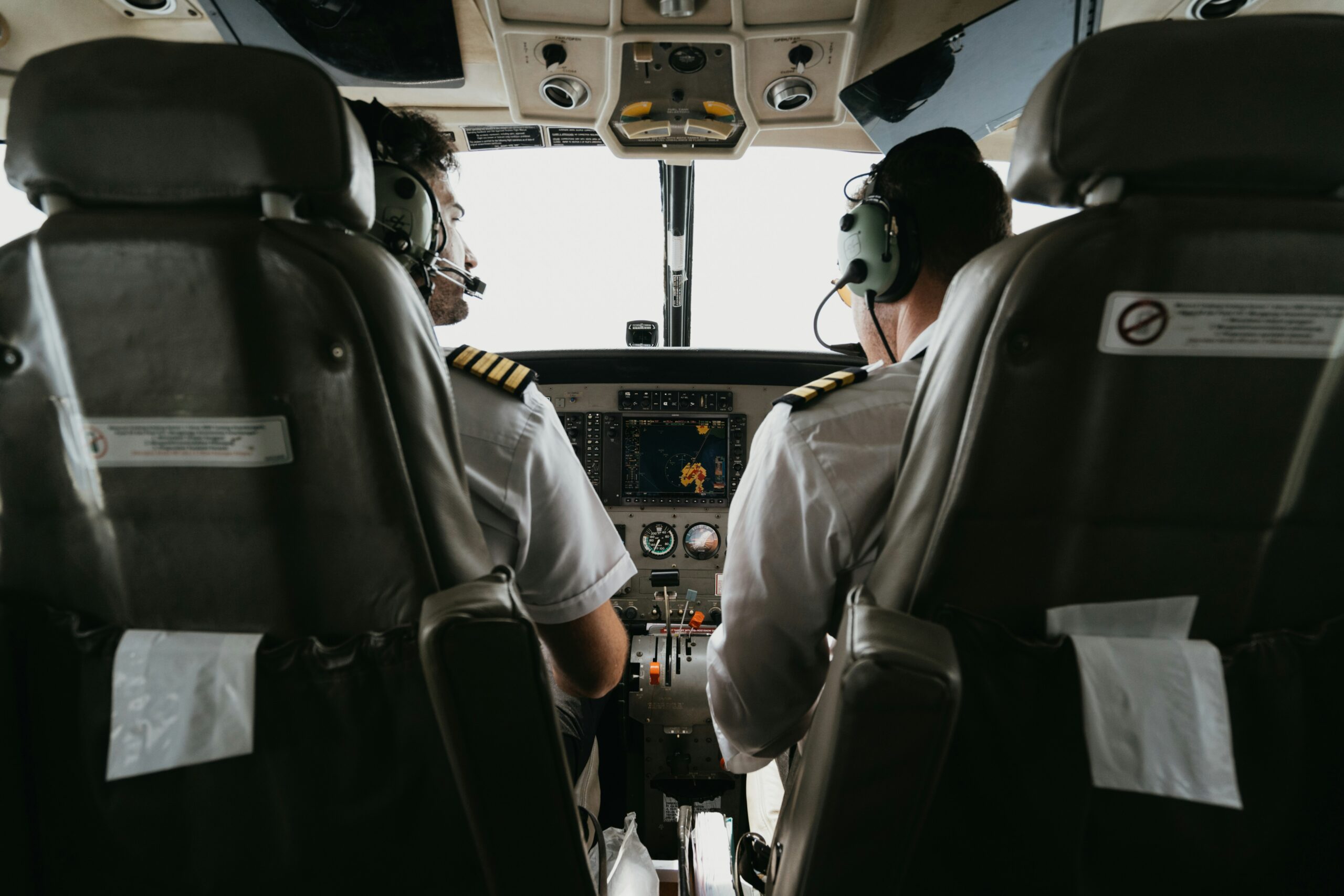
Becoming a Certified Flight Instructor (CFI) is an exciting journey that allows you to share your passion for flying while helping others reach their aviation goals. If you’re interested in becoming a CFI, you’ll need to complete a series of steps, including obtaining the necessary certifications and developing essential skills. This guide will walk you through each step and provide helpful tips on how to succeed in this rewarding career path.
What is a Certified Flight Instructor?
A Certified Flight Instructor is a professional pilot who teaches students how to fly. They provide flight training, teach aerodynamics, flight maneuvers, and navigation, ensuring students meet the requirements to pass their exams. CFIs play a crucial role in the aviation community, as they help produce skilled pilots who are safe and competent in the air.
The Steps to Becoming a Certified Flight Instructor
Becoming a CFI takes dedication, knowledge, and hands-on training. Here are the key steps you’ll need to follow.
Obtain Your Private Pilot Certificate
Before you can become a flight instructor, you need to be a licensed private pilot. The private pilot certificate is the foundational certification for all future aviation careers. To obtain your private pilot certificate, you will need to complete a medical examination to ensure you’re fit to fly. You will also need to take FAA-approved training courses, which include both ground school and flight hours. You must accumulate at least 40 hours of flying time, with instruction from a certified instructor. Additionally, you need to pass a written knowledge test and a check ride with an FAA examiner. This is the first significant step in your journey to becoming a CFI, as all flight instructors must have this certification.
Gain Experience as a Pilot
Once you’ve earned your private pilot certificate, it’s time to gain flight experience. Before you can apply for a CFI certificate, you need to build up flight hours and experience. Most CFIs recommend accumulating at least 250 flight hours before pursuing your flight instructor certification. During this time, you should focus on enhancing your flying skills and gaining proficiency in different types of flying conditions.
Obtain an Instrument Rating
While not a strict requirement for becoming a CFI, having an instrument rating can enhance your abilities as a flight instructor. An instrument rating allows you to fly in a broader range of weather conditions and gives you the experience necessary to teach students how to navigate in low-visibility conditions.
Complete a Certified Flight Instructor Course
Once you’ve gained sufficient flying experience, the next step is to complete a Certified Flight Instructor course. The course will provide the training necessary to teach students how to fly, covering essential skills such as teaching techniques, instructional methods, and evaluating students’ progress.
Pass the FAA Written Exam and Check Ride
The FAA requires you to pass a written exam and check ride to earn your CFI certificate. The written exam will test your knowledge of flight theory, regulations, and procedures. The check ride will assess your ability to teach and demonstrate flight maneuvers, and it must be completed with an FAA examiner.
Maintain Your CFI Certification
After you become a CFI, you will need to continue your education and maintain your certification. This includes completing periodic flight reviews and staying current with any changes to aviation regulations or procedures.
Essential Skills for a Successful CFI
To be an effective flight instructor, you need more than just technical flying skills. The following are essential skills for becoming a successful CFI:
Communication is key. A CFI must clearly explain complex concepts and maneuvers in a way that students can easily understand. Patience is also crucial. Flight training can be challenging, and students may require extra time and practice. As a CFI, patience helps students progress at their own pace. Leadership is another essential skill. As a CFI, you’ll be responsible for guiding students through their training and ensuring their safety. Strong leadership skills are crucial. Finally, adaptability is vital. Each student learns at their own pace, so being adaptable in your teaching methods is critical.
Tips for Succeeding as a Certified Flight Instructor
While becoming a CFI is a challenging process, these tips can help you succeed:
First, gain real-world experience. The more flight hours you log, the more skilled you will become. Seek out varied flying conditions and scenarios to expand your knowledge. Next, invest in quality training. A solid foundation of education will set you up for success. Invest in ground school and flight training programs that offer comprehensive, hands-on experience. Building a network is also essential. Surround yourself with other pilots and CFIs. They can provide advice, support, and guidance throughout your career. Lastly, stay current. Aviation is an ever-evolving industry, so make sure to keep up-to-date on the latest regulations, technology, and best practices.
Becoming a Certified Flight Instructor is a rewarding career path that offers the chance to teach others while continuously developing your skills. By following the necessary steps, gaining flight experience, and developing key skills, you can successfully pursue this exciting role. Remember to stay focused, continue learning, and never stop practicing to become the best CFI you can be.